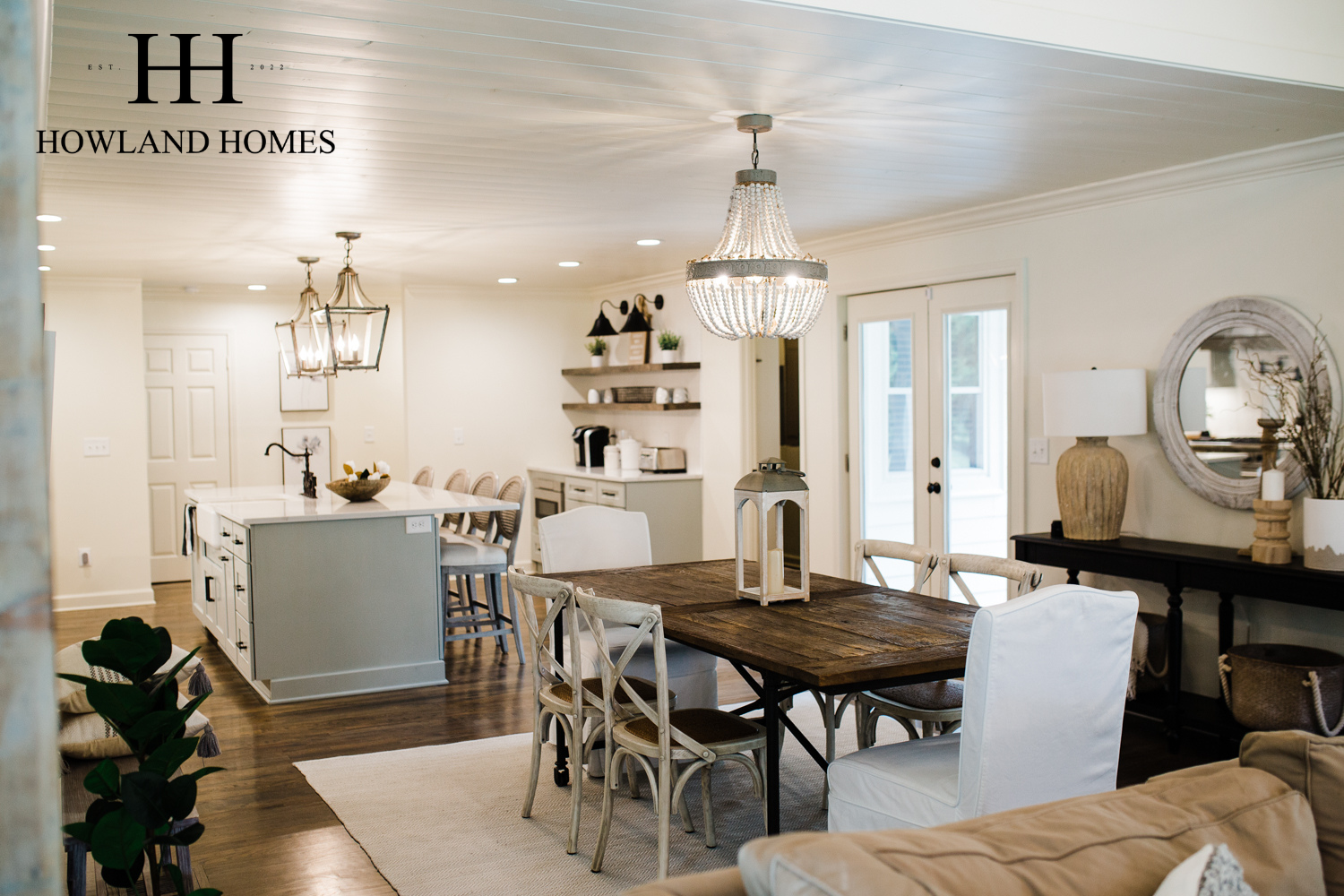As energy costs continue to rise and environmental concerns become more pressing, energy-efficient home renovations are increasingly popular among homeowners in Cumming, GA. By incorporating sustainable practices and energy-saving technologies into your renovation plans, you can reduce your carbon footprint, lower utility bills, and increase the overall value of your home. In this article, we’ll explore the most effective ways to integrate energy efficiency into your next home renovation.
The Importance of Energy Efficiency
Energy efficiency isn’t just a buzzword; it’s a crucial consideration for modern homeowners. By reducing the amount of energy your home consumes, you can significantly cut down on utility costs and contribute to environmental conservation. In addition, energy-efficient homes often enjoy higher resale values, as buyers are increasingly looking for sustainable features in their new homes.
Upgrading Insulation and Windows
One of the most impactful energy-efficient upgrades you can make is improving your home’s insulation. Proper insulation helps maintain a consistent indoor temperature, reducing the need for heating and cooling. Consider using eco-friendly insulation materials like cellulose or spray foam, which provide excellent thermal resistance and are made from renewable resources.
Replacing old, drafty windows with energy-efficient models is another smart move. Look for windows with low-emissivity (Low-E) coatings, double or triple glazing, and insulated frames. These features help prevent heat loss in the winter and keep your home cooler in the summer, leading to significant energy savings.
Installing Energy-Efficient HVAC Systems
Heating, ventilation, and air conditioning (HVAC) systems are some of the largest energy consumers in any home. Upgrading to an energy-efficient HVAC system can greatly reduce your energy use and improve indoor comfort. High-efficiency systems use less energy to heat and cool your home and often come with advanced features like programmable thermostats and zoning capabilities.
When selecting a new HVAC system, consider the Seasonal Energy Efficiency Ratio (SEER) rating. The higher the SEER rating, the more efficient the system. Additionally, ensure that your ductwork is properly sealed and insulated to prevent energy loss.
Solar Power Integration
Solar power is one of the most effective ways to reduce your home’s reliance on fossil fuels. By installing solar panels, you can generate your own electricity, lower your utility bills, and potentially even sell excess power back to the grid. While the initial investment can be substantial, federal and state incentives can help offset the cost, making solar power a viable option for many homeowners.
Working with a professional contractor like Howland Homes in Forsyth County, GA, can ensure that your solar installation is integrated seamlessly into your renovation project, maximizing both efficiency and aesthetic appeal.
Water-Saving Fixtures and Appliances
Reducing water usage is another key component of an energy-efficient renovation. Installing low-flow faucets, showerheads, and toilets can significantly decrease water consumption without sacrificing performance. Energy-efficient appliances, such as dishwashers and washing machines with ENERGY STAR ratings, also use less water and electricity, contributing to overall savings.
Smart Home Technology
Incorporating smart home technology into your renovation can enhance energy efficiency and provide greater control over your home’s systems. Smart thermostats, lighting, and appliances allow you to monitor and adjust energy use remotely, ensuring that your home operates at peak efficiency even when you’re not there.
Planning and Execution
Achieving energy efficiency in a home renovation requires careful planning and attention to detail. Working with a knowledgeable contractor who understands the latest energy-saving technologies is crucial. Howland Homes has extensive experience in incorporating energy-efficient features into renovation projects in Cumming, GA, ensuring that your home is both eco-friendly and cost-effective.
For more information on the renovation process and how to navigate it successfully, visit the Howland Homes Blog. Here, you’ll find valuable tips and insights to help you plan your project with confidence.
Whether you’re looking to reduce your carbon footprint, lower utility bills, or simply make your home more comfortable, Howland Homes in Forsyth County, GA, can guide you through every step of your energy-efficient renovation. Let’s work together to create a home that’s both beautiful and sustainable.







